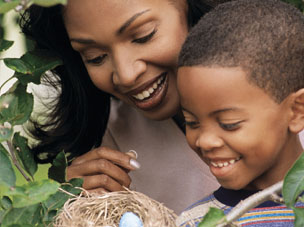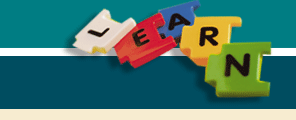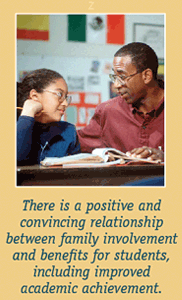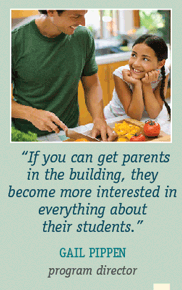How to Increase Family Involvement in Afterschool
In 2002, SEDL published A New Wave of Evidence: The Impact of School, Family, and Community Connections on Student Achievement. This resource examined growing evidence that family and community connections with schools make a difference in student success. SEDL identified more than 50 studies in its findings and concluded there is a positive and convincing relationship between family involvement and benefits for students, including improved academic achievement. It’s easy enough to entice parents to see their children perform in a play or talent show, but how can afterschool practitioners encourage and create opportunities for parental involvement in academics?
Literacy. Family literacy events are scheduled days when parents and caregivers visit their child’s afterschool program to attend homework or parenting workshops, see a presentation or play, or view exhibits of student work. The Afterschool Training Toolkit for literacy offers great tips for planning such events.
Math. At family math nights, family and community members attend a variety of events and have fun exploring content, activities, and games that support mathematical learning. Practical, hands-on activities can teach parents how to support what their child is learning. The Afterschool Training Toolkit contains helpful information and guidelines for designing a successful family math night.
Science. Actively engaging families in science-related events encourages students’ interest in science and supports science learning. Family events can engage parents and students in a typical afterschool science activity or can be led by a science expert in the community. Depending on their familiarity with science content, some parents may need extra encouragement. Seek out parents who work in a science-related field and invite them to speak or involve them in planning an event or project. The Afterschool Training Toolkit offers useful advice and tips for designing fun, engaging activities for family science night. |











